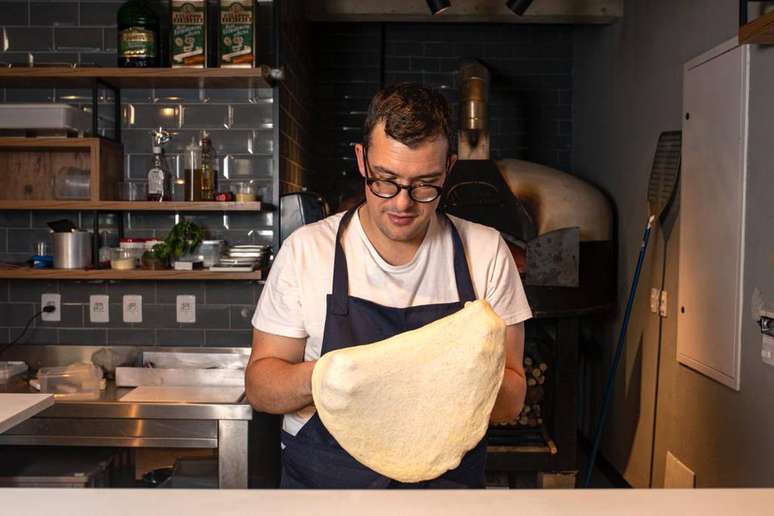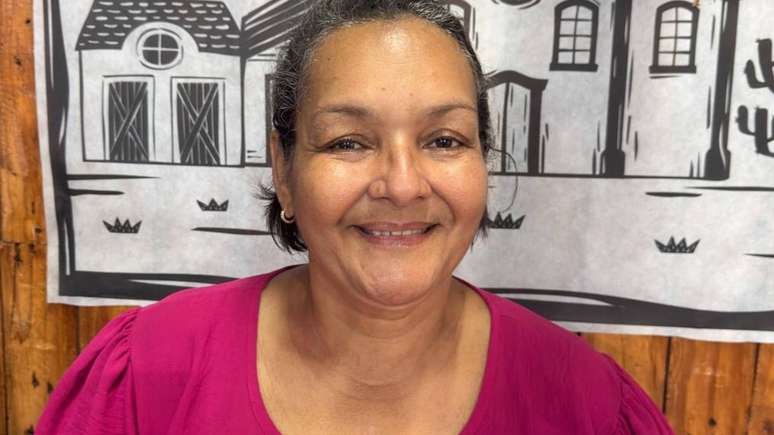Chef Antônio Maiolica is one of the chefs responsible for the menu of the festive evening
To celebrate 150 years of Italian immigration to Brazil, this February 21st a dinner will be celebrated at the Brazilian Embassy in Rome. The dinner, organized in collaboration with the Academy of Italian Cuisine, includes an appetizer and a main course created by chefs Antonio Maiolica and Pasquale Mancini; second course and dessert by chefs Bruno Rappel and Wagner Porto Almeida.
The menu includes dishes created by Italian immigrants in different regions of Brazil and which are part of the national gastronomic repertoire. Sardella, fillet parmiggiana (created from the original Italian recipe, which uses aubergines instead of meat), fried with cheese and salami…
Each of the dishes tells a story that refers to the mix of Italian and Brazilian flavors following immigration. One of the most singular is that concerning the Roman cappeletti. The dish was created in San Paolo, in the 1950s, by Giovanni Bruno, an immigrant from Campania who, at the time, was a waiter in Gigetto. One day a restaurant customer described a dish he had tried during a trip to Venice, Bologna and Rome. He remembered that the sauce combined cream, raw ham and dried mushrooms. When he returned to the restaurant some time later, he was surprised by a recipe adapted from Giovanni and called cappelletti romaneschi.
Polenta cooked with water or milk, served with radicchio salad, made popular by the immigrants who began arriving in Serra Gaúcha in 1875, also deserves a mention on the menu of the Roman festival. To conclude the work of the festive evening, an Italian dessert -Brazilian: guava panna cotta.
Source: Terra
Ben Stock is a lifestyle journalist and author at Gossipify. He writes about topics such as health, wellness, travel, food and home decor. He provides practical advice and inspiration to improve well-being, keeps readers up to date with latest lifestyle news and trends, known for his engaging writing style, in-depth analysis and unique perspectives.







-1jeadvgqd52k9.jpg)

